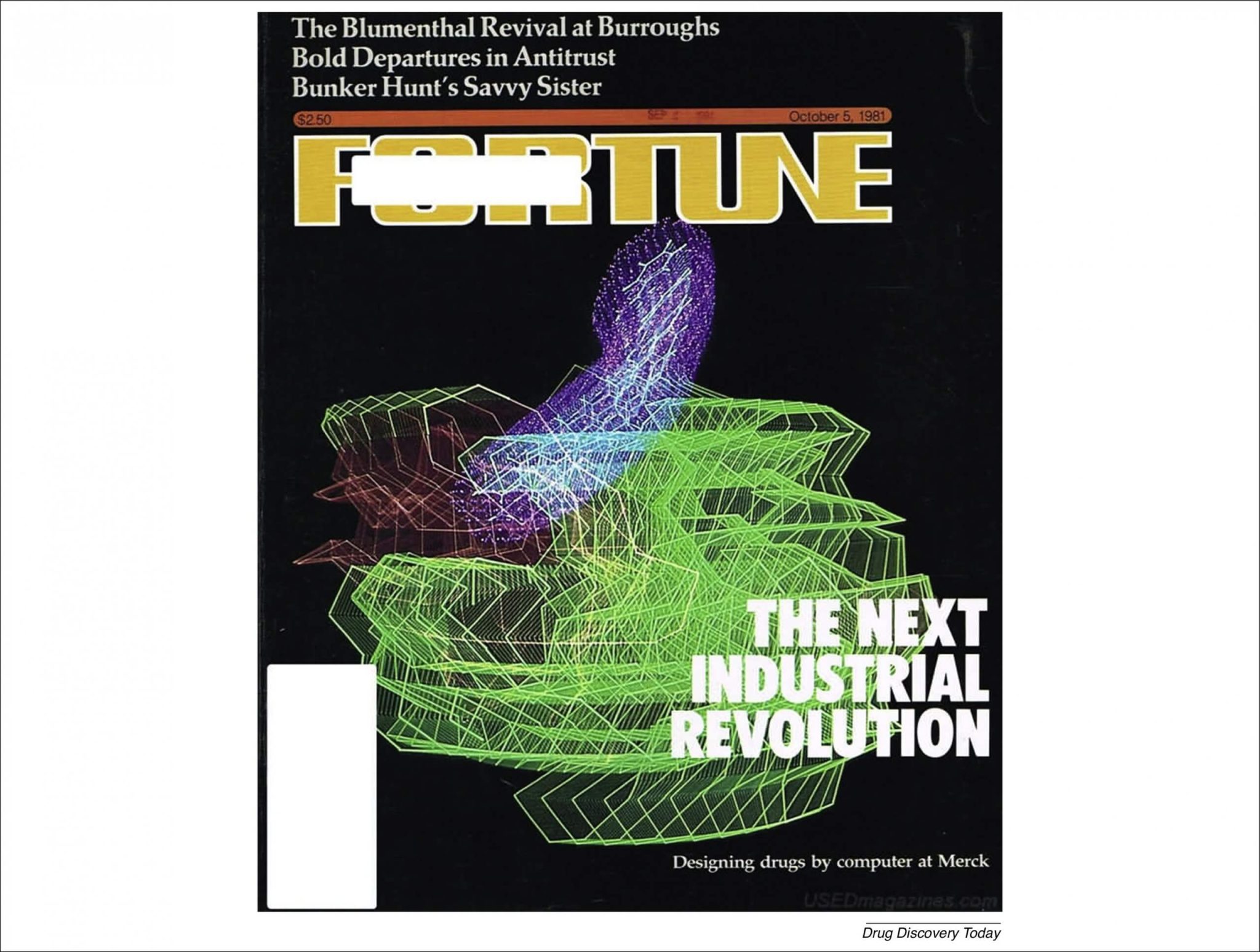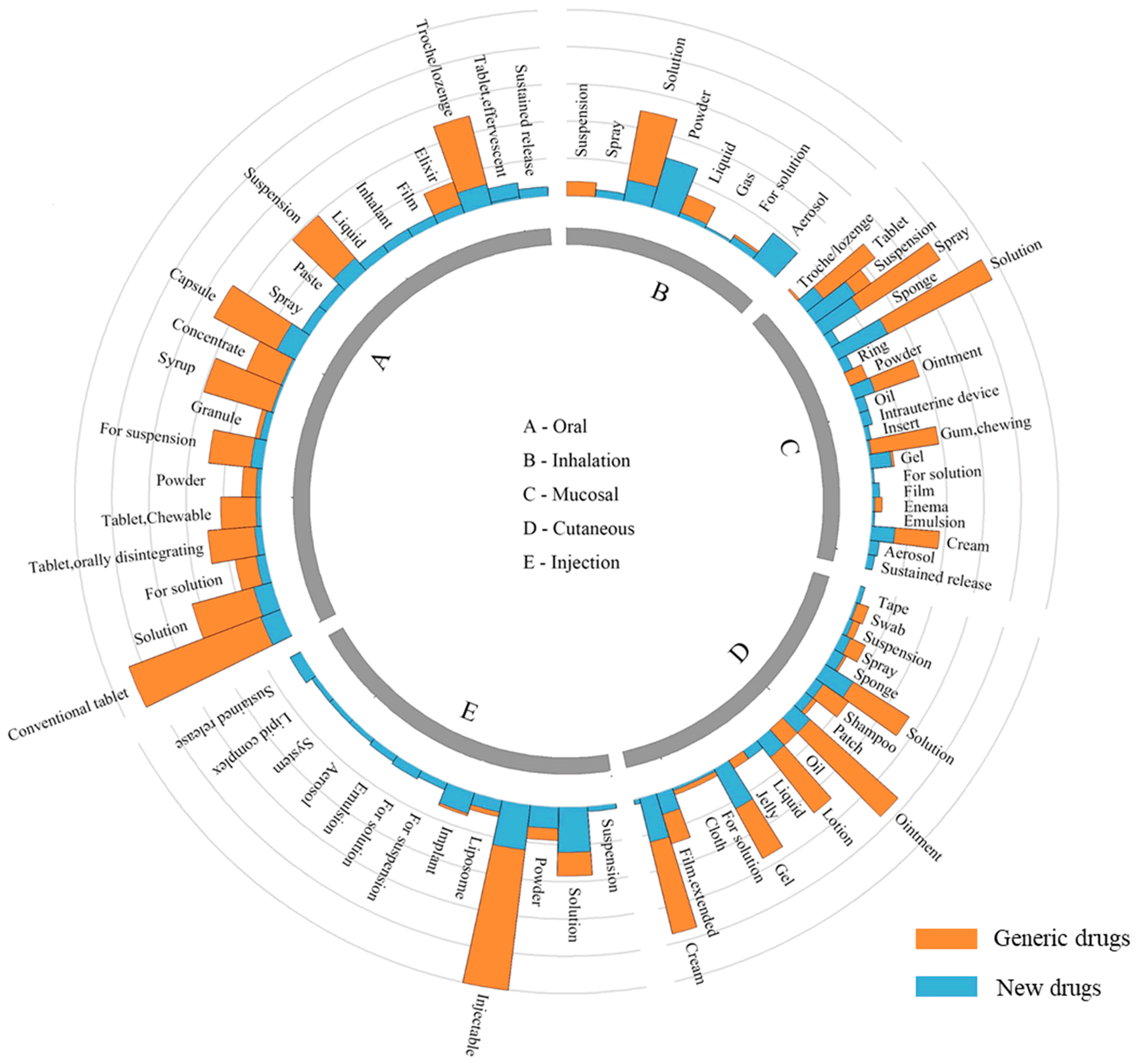In the complex world of pharmaceutical manufacturing, every component matters—but perhaps none more critically than the Key Starting Materials (KSMs) used to create Active Pharmaceutical Ingredients (APIs). These essential building blocks form the foundation upon which life-saving medications are developed, with far-reaching implications for drug quality, supply chain resilience, cost management, and patient safety. As global pharmaceutical supply chains face unprecedented challenges, from geopolitical tensions to pandemic disruptions, strategic KSM sourcing has emerged as a critical capability that can make or break a pharmaceutical company’s success. This comprehensive guide explores the intricate landscape of pharmaceutical KSM sourcing, offering actionable insights for optimizing this vital process.
Understanding Key Starting Materials in Pharmaceutical Production
Defining KSMs and Their Role in API Manufacturing
Key Starting Materials (KSMs) are the essential chemical compounds used in the synthesis of Active Pharmaceutical Ingredients. Unlike commodity chemicals available from numerous suppliers, KSMs are more specialized compounds tailored to specific API synthesis routes. They occupy a critical position between basic raw materials and finished APIs in the pharmaceutical value chain1.
The journey from KSM to API typically involves multiple chemical transformations, purification steps, and quality control checkpoints. For example, the production of a common antibiotic might begin with widely available chemicals that are processed into specialized KSMs with specific molecular structures needed for that particular antibiotic’s API1.
The selection and quality of KSMs directly influence the efficiency of API synthesis processes. High-quality KSMs that meet precise specifications can streamline manufacturing, reduce purification requirements, and minimize batch rejections—ultimately contributing to more consistent, high-quality medications1.
The Critical Link Between KSMs and Drug Quality
The relationship between KSM quality and final drug product quality is profound and direct. As the fundamental building blocks of APIs, KSMs introduce both visible and invisible characteristics that persist throughout the manufacturing process1.
Quality issues in KSMs can manifest in various concerning ways, including:
- Inconsistent API yields affecting production planning
- Unexpected impurity profiles potentially causing patient safety concerns
- Batch-to-batch variability leading to regulatory compliance issues
- Process performance problems reducing manufacturing efficiency
According to industry analyses, approximately 40% of drug quality issues can be traced back to problems with starting materials. This statistic underscores the critical importance of ensuring KSM quality from the earliest stages of pharmaceutical production1.
Regulatory Frameworks Governing KSM Quality and Sourcing
Regulatory agencies worldwide have increasingly focused attention on the quality and sourcing of pharmaceutical starting materials. The U.S. Food and Drug Administration (FDA), European Medicines Agency (EMA), and other authorities have established specific guidelines addressing KSM requirements1.
The International Council for Harmonisation (ICH) Q11 guideline on “Development and Manufacture of Drug Substances” provides comprehensive considerations for the selection and control of starting materials. This guidance emphasizes that GMP requirements should be implemented based on process complexity and impurity profiles rather than simple business considerations1.
Key regulatory expectations include:
- Robust supplier qualification processes based on quality risk assessment
- Comprehensive quality agreements covering specifications and change control
- Ongoing monitoring programs to ensure consistent KSM quality
- Detailed documentation of sourcing decisions and quality control results
- Transparent supply chains with clear traceability requirements
The Strategic Importance of Effective KSM Sourcing
Impact on Drug Quality and Patient Safety
Effective KSM sourcing serves as the first line of defense in ensuring drug quality and patient safety. The quality of these initial materials establishes the foundation for the entire manufacturing process, influencing everything from production efficiency to the safety profile of the final medication1.
When pharmaceutical companies implement strategic KSM sourcing practices, they establish a quality-first approach that prioritizes patient wellbeing. This approach includes comprehensive supplier qualification, rigorous analytical testing, and collaborative quality improvement initiatives1.
Beyond direct quality implications, strategic KSM sourcing enables more consistent manufacturing processes. When KSMs meet precise specifications consistently, pharmaceutical companies can optimize their production parameters, reducing variability and enhancing predictability in manufacturing outcomes1.
Supply Chain Resilience and Business Continuity
The COVID-19 pandemic dramatically highlighted pharmaceutical supply chain vulnerabilities, particularly regarding KSM sourcing. With approximately 80% of KSMs for U.S. medications sourced from China and India, the industry witnessed how geopolitical tensions, export restrictions, and logistics disruptions could threaten global medication supply1.
Supply chain resilience in KSM sourcing involves building redundancy, flexibility, and visibility across the entire value chain. Companies that diversified their KSM supplier base before the pandemic demonstrated greater ability to maintain production despite regional disruptions1.
Strategic KSM sourcing enhances business continuity through multiple mechanisms:
- Geographical diversification reduces exposure to regional risks
- Dual or multi-sourcing strategies provide alternatives when primary suppliers face challenges
- Strategic inventory management cushions against short-term supply disruptions
- Collaborative supplier relationships facilitate communication during crises
Cost Management and Pricing Implications
While quality and reliability remain paramount in KSM sourcing, cost considerations are inescapable in today’s competitive pharmaceutical landscape. Strategic sourcing of KSMs can yield significant cost benefits without compromising quality, through economies of scale, process optimizations, and long-term supplier partnerships1.
According to industry analyses, effective KSM sourcing strategies can reduce overall drug production costs by up to 15%. These savings contribute to more competitive pricing, improved profit margins, and potentially greater access to medications for patients worldwide1.
Cost management in KSM sourcing extends beyond simple price negotiations to include:
- Collaborative process improvements benefiting both manufacturer and supplier
- Consolidated purchasing across product lines to gain volume leverage
- Investment in supplier capabilities to enhance efficiency
- Early supplier involvement in drug development to optimize synthesis routes
Regulatory Compliance and Market Access
Regulatory requirements for pharmaceutical ingredients continue to grow more stringent, with particular focus on supply chain security and transparency. Strategic KSM sourcing plays a crucial role in maintaining regulatory compliance, which directly facilitates smoother market access for finished medications1.
When pharmaceutical companies source KSMs from well-qualified suppliers with robust quality systems, they significantly reduce regulatory risks. These include potential Form 483 observations, warning letters, import alerts, or product recalls that could result from quality issues traced to starting materials1.
Different global markets may have varying regulatory requirements for KSMs. A strategic sourcing approach takes these differences into account, ensuring that KSMs meet the most stringent standards applicable across all target markets, preventing market-specific regulatory hurdles1.
The Global Landscape of KSM Sourcing
Asia’s Dominance in KSM Production
China’s Role as the World’s Factory for KSMs
China has established itself as the dominant player in the global KSM market, producing an estimated 40-50% of the world’s pharmaceutical starting materials. This dominance stems from several factors, including lower production costs, established chemical manufacturing infrastructure, government support, and technical expertise1.
The Chinese KSM industry features tremendous scale and manufacturing capacity. Industrial clusters in provinces like Zhejiang, Jiangsu, and Shandong contain thousands of chemical manufacturers that can rapidly scale production to meet global demand. This manufacturing ecosystem provides significant advantages in supply chain integration1.
However, China’s dominance raises concerns about quality consistency and regulatory oversight. While leading Chinese manufacturers maintain world-class quality standards, the industry also includes smaller producers with variable quality systems. Recent regulatory reforms in China aim to elevate quality standards across the sector1.
India’s Growing Influence in the KSM Market
India has emerged as another major hub for KSM production, leveraging its strengths in complex chemistry and established position in generic drug manufacturing. The country’s pharmaceutical industry has developed significant backward integration capabilities, producing KSMs for both domestic and global markets1.
Indian KSM manufacturers have built their reputation on strong process chemistry capabilities, coupled with cost advantages and English language proficiency that facilitates international business. The country’s pharmaceutical clusters in regions like Gujarat, Maharashtra, and Telangana host integrated ecosystems where KSM production feeds directly into API manufacturing1.
Despite these strengths, India’s KSM sector has faced challenges related to increasing dependence on Chinese raw materials. Recognizing this vulnerability, the Indian government launched the Production Linked Incentive (PLI) scheme in 2020, allocating approximately $1.3 billion to boost domestic production of critical KSMs1.
Emerging Markets and New Sourcing Destinations
Beyond China and India, several emerging markets are developing significant capabilities in KSM production. Countries like Vietnam, Thailand, Malaysia, and Mexico are increasingly positioning themselves as alternative sourcing destinations, offering a combination of cost competitiveness and growing technical capabilities1.
Eastern European nations, including Poland, Hungary, and the Czech Republic, have also emerged as potential KSM sourcing options, particularly for European pharmaceutical manufacturers seeking closer geographic proximity to suppliers. These countries offer strong technical education systems and regulatory frameworks aligned with EU standards1.
In response to supply chain vulnerabilities exposed during the COVID-19 pandemic, there’s renewed interest in developing KSM production capabilities in Western Europe and North America. While production costs in these regions typically exceed those in Asia, some manufacturers are exploring reshoring strategies for critical KSMs to enhance supply security1.
Current Trends in Global KSM Supply Chains
The global KSM supply landscape is evolving rapidly, driven by several concurrent trends:
Supply Chain Regionalization: Moving from highly globalized supply
Citations:
- https://www.drugpatentwatch.com/blog/sourcing-the-key-starting-materials-ksms-for-pharmaceutical-active-pharmaceutical-ingredients-apis/
- https://tapi.com/sourcing-the-raw-materials-for-an-api-how-its-done/
- https://www.suppliergateway.com/understanding-the-famous-7-step-strategic-sourcing-process/
- https://prosperousamerica.org/study-finds-over-90-of-all-generic-drugs-dependent-on-imports/
- https://www.drugpatentwatch.com/blog/how-to-find-key-starting-materials-ksms-for-pharmaceutical-apis/
- https://www.pharmoutsourcing.com/Featured-Articles/129469-Building-a-Sustainable-API-Supply-Chain-1/
- https://www.netsuite.com/portal/resource/articles/erp/strategic-sourcing-best-practices.shtml
- https://www.pharmtech.com/view/drug-substance-starting-material-selection
- https://www.bioprocessintl.com/biochemicals-raw-materials/a-quick-guide-for-sourcing-biopharmaceutical-raw-materials
- https://lgmpharma.com/blog/navigating-api-sourcing-as-a-pharmaceutical-manufacturer/
- https://www.linkedin.com/pulse/key-considerations-when-sourcing-pharmaceutical-tanja-schaffer
- https://www.ncc.ie/pharmaceutical-raw-material-sourcing/
- https://www.eda.gov/sites/default/files/2024-07/APM_Tech_Hub_Overarching_Narrative.pdf
- https://www.globalpharmatek.com/pharma-materials/intermediates/
- https://artofprocurement.com/blog/learn-strategic-sourcing-process
- https://www.biospace.com/u-s-active-pharmaceutical-ingredient-api-market-size-to-reach-usd-72-21-bn-by-2033
- https://pharma-dept.gov.in/sites/default/files/REVISED%20GUIDELINES%20FOR%20BULK%20DRUGS-29-10-2020_1.pdf
- https://www.linkedin.com/posts/yalifriedman_how-to-find-key-starting-materials-ksms-activity-7222583669943668736-I3hz
- https://www.ghx.com/the-healthcare-hub/strategic-sourcing-healthcare-guide/
- https://www.apifdf.com/ksm
- https://www.takeda.com/en-in/what-we-do/our-production/ksm-manufacturing/
- https://www.ema.europa.eu/en/documents/scientific-guideline/ich-q-7-good-manufacturing-practice-active-pharmaceutical-ingredients-step-5_en.pdf
- https://aavenir.com/strategic-sourcing/
- https://aspr.hhs.gov/MCM/IBx/2022Report/Pages/Pharmaceuticals-and-Vaccines.aspx
- https://ksmcarriergroup.com/life-sciences/
- https://www.vestedway.com/wp-content/uploads/2019/07/Unpacking-Competitive-Bidding-Methods-ok-to-distribute.pdf
- https://database.ich.org/sites/default/files/Q11_TrainingDeck_Final_2018_0522.pdf
- https://www.theglobalfund.org/media/9332/lfa_trainingpsm-day3psmpoliciesqappmwambopqr_materials_en.pdf
- https://qualitymatters.usp.org/geographic-concentration-pharmaceutical-manufacturing
- https://www.neulandlabs.com/en/insights/stories/regulatory-starting-materials-how-source-analyze-and-validate-suppliers-part-i
- https://www.linkedin.com/posts/komal-mahadik-841708a1_strategic-sourcing-analyst-ii-activity-7193445138273071104-fMV8
- https://www.americanactionforum.org/insight/addressing-u-s-drug-shortages-and-drug-recalls/
- https://www.contractpharma.com/materials-sourcing/
- https://www.linkedin.com/posts/amit-jain-508753117_hiring-for-strategic-sourcing-specialist-activity-7241683800085164032-oGvJ
- https://www.europeanpharmaceuticalreview.com/article/130745/approval-of-regulatory-starting-materials/






















